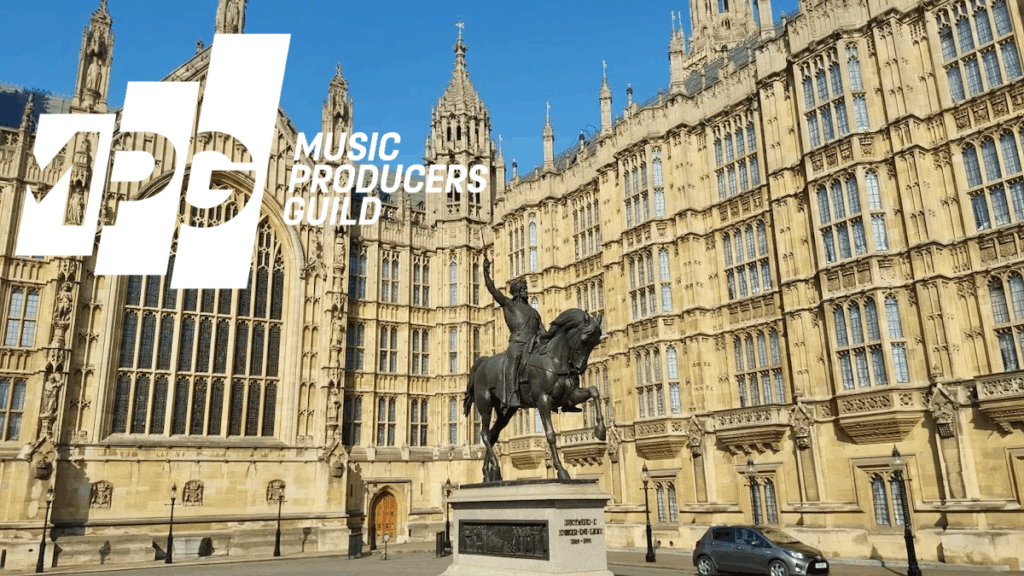news category All News, Campaigns, Unpaid Work created 22 July 2025

The government has published a statement on the outcomes of the Creator Remuneration Working Group which has been meeting since April 2024.
This is a response to that statement from the Council of Music Makers, which brings together the Ivors Academy, the Featured Artists Coalition, the Musicians’ Union, the Music Producers Guild and the Music Managers Forum.
The government has agreed a set of principles with the BPI and AIM to attempt to address concerns about insufficient remuneration for British music-makers from streaming. As a result of these principles, the major record companies have committed to two new initiatives.
First, they will offer per diems to songwriters working on spec at label-led sessions, ending the unacceptable practice of expecting writers to work for free on sessions that may not result in any songs being recorded and ensuring that songwriters are not left out of pocket. The major labels have confirmed they will not pass the cost of these per diems onto featured artists and it is vital this principle is adopted across the industry.
Second, they have also committed to more proactively enter into contract renegotiations with artists who are locked into legacy record deals that can run for over a 100 years, and where royalty rates designed in the era of physical media have been unilaterally applied to digital income by labels. Artists will also be offered access to some new, extra marketing tools. However, we are concerned that such renegotiations may not result in better terms, with no commitment from record companies to agree to any changes.
We support any scheme that provides additional support for music-makers and really appreciate the government’s proactiveness – especially the work of Minister Chris Bryant – in securing these commitments.
Over the next year, we will support music-makers to test these initiatives and whether they can deliver meaningful change. The major labels have made bold estimates about the value and impact of these initiatives – but we are not convinced they can be substantiated.
Nevertheless, we will work in good faith with the government to measure the actual impact of these provisions over the course of the next twelve months. We will need the support and engagement of our members as we seek to do this, and will communicate with members of the five CMM organisations on how they can help.
In 2021 Parliament’s Culture, Media & Sport Select Committee called for “a complete reset” of streaming. That resulted in a Creator Remuneration Working Group being convened involving stakeholders from across the music industry. This process led to the government agreeing these principles with BPI and AIM.
Much more still needs to be done – because most of those fundamental issues remain unresolved.
The major labels tell us they will not address systemic inequities in the way the streaming business works via any kind of voluntary deal agreed within the industry. We will now pursue other measures to achieve positive change.
These issues were created when the big digital platforms and the major rightsholders unilaterally made a series of self-serving policy decisions in the early days of streaming in the 2000s, decisions that were made in secret without consulting or communicating with any music-makers.
Similarly self-serving policy decisions are now being made by the major rightsholders as they negotiate deals with music AI start-ups, again without consulting or communicating with music-makers. We asked the majors a series of questions about those AI policy decisions two years ago – they remain unanswered.
Copyright ultimately exists to empower, protect and incentivise human creativity. It is failing to do this because of the inequitable policies of digital platforms and major rightsholders. It is now time for us to turn to campaigning for copyright reform to ensure that those who create the work that has powered a decade of music industry growth are fairly rewarded for their role.
NEXT STEPS